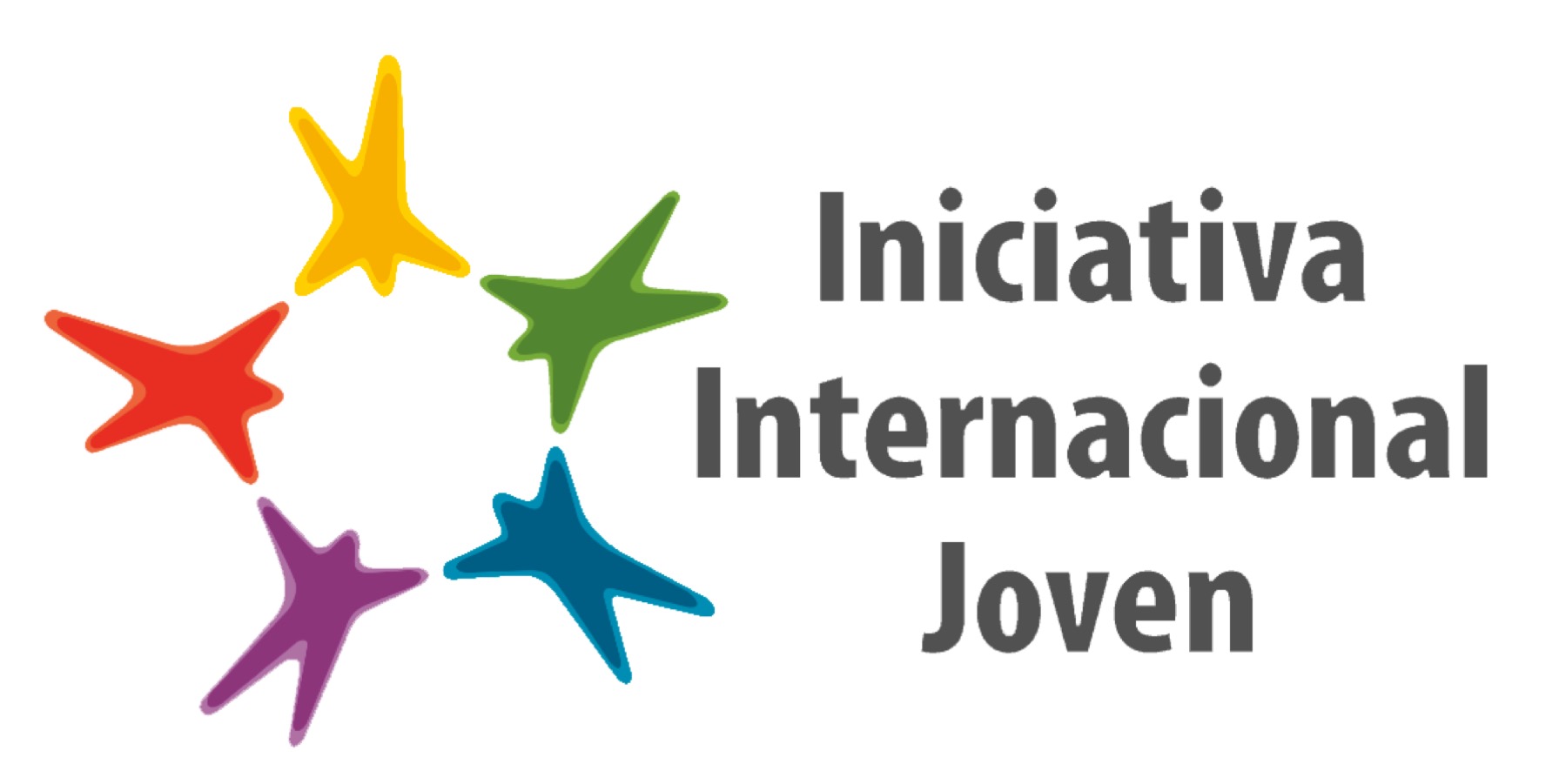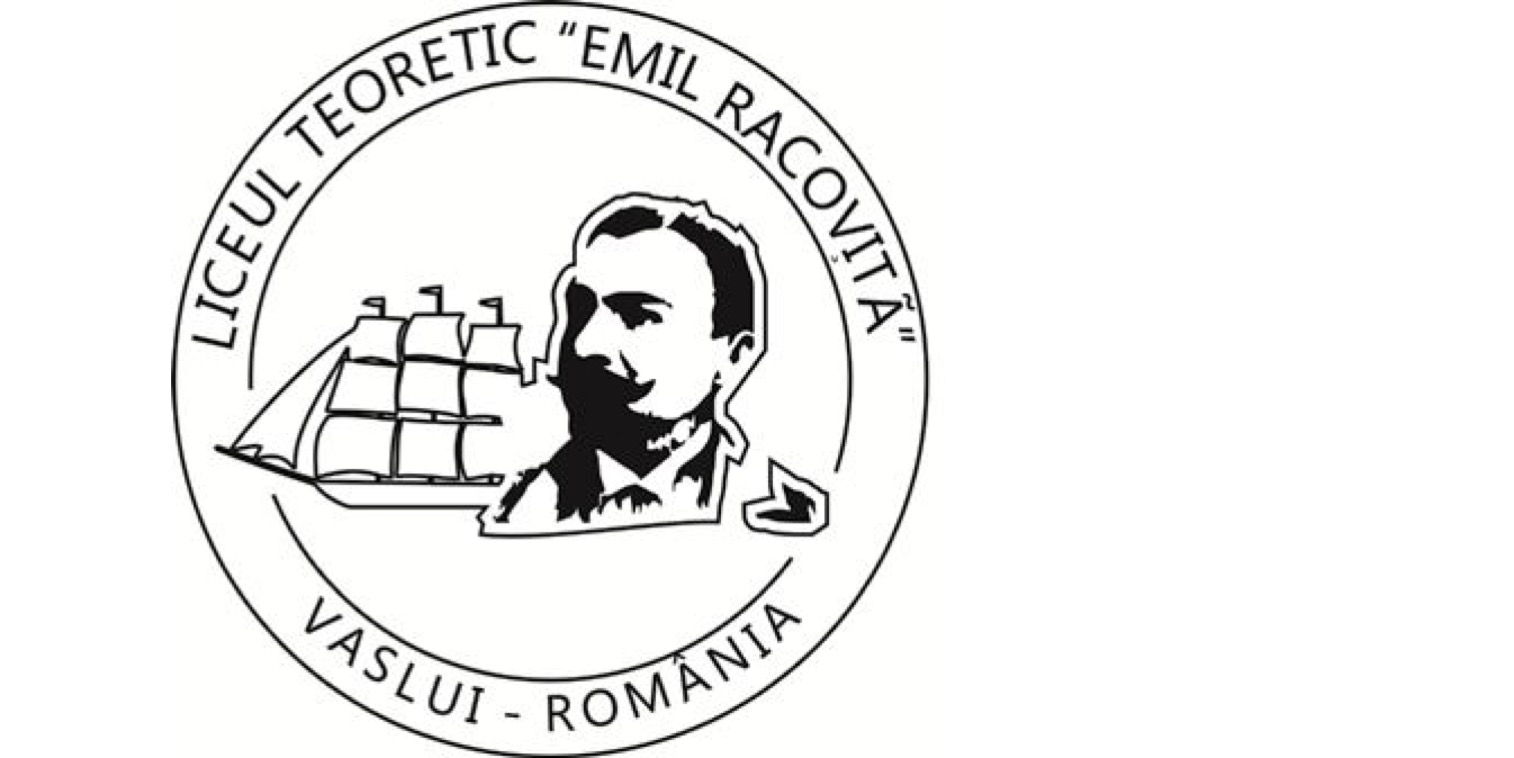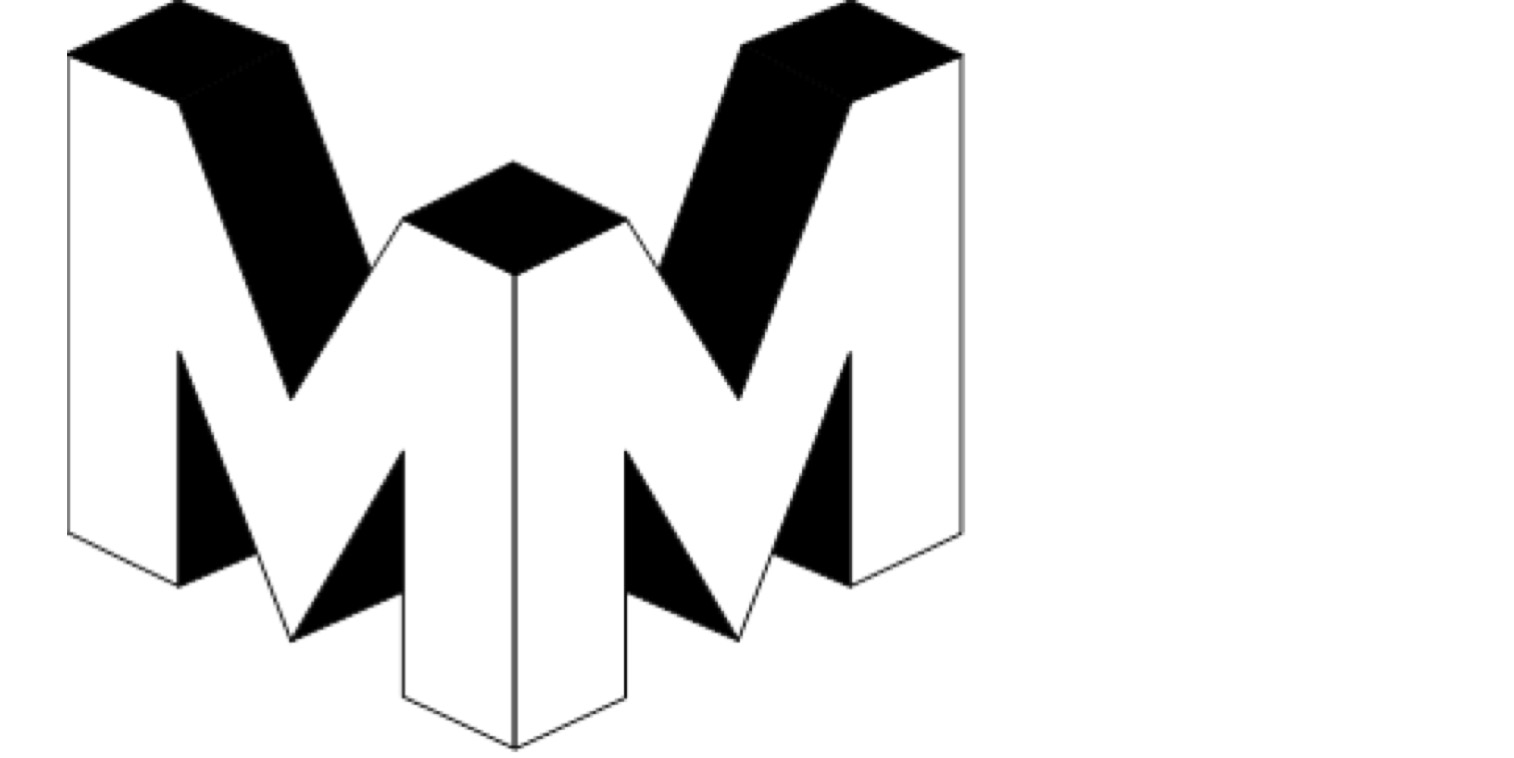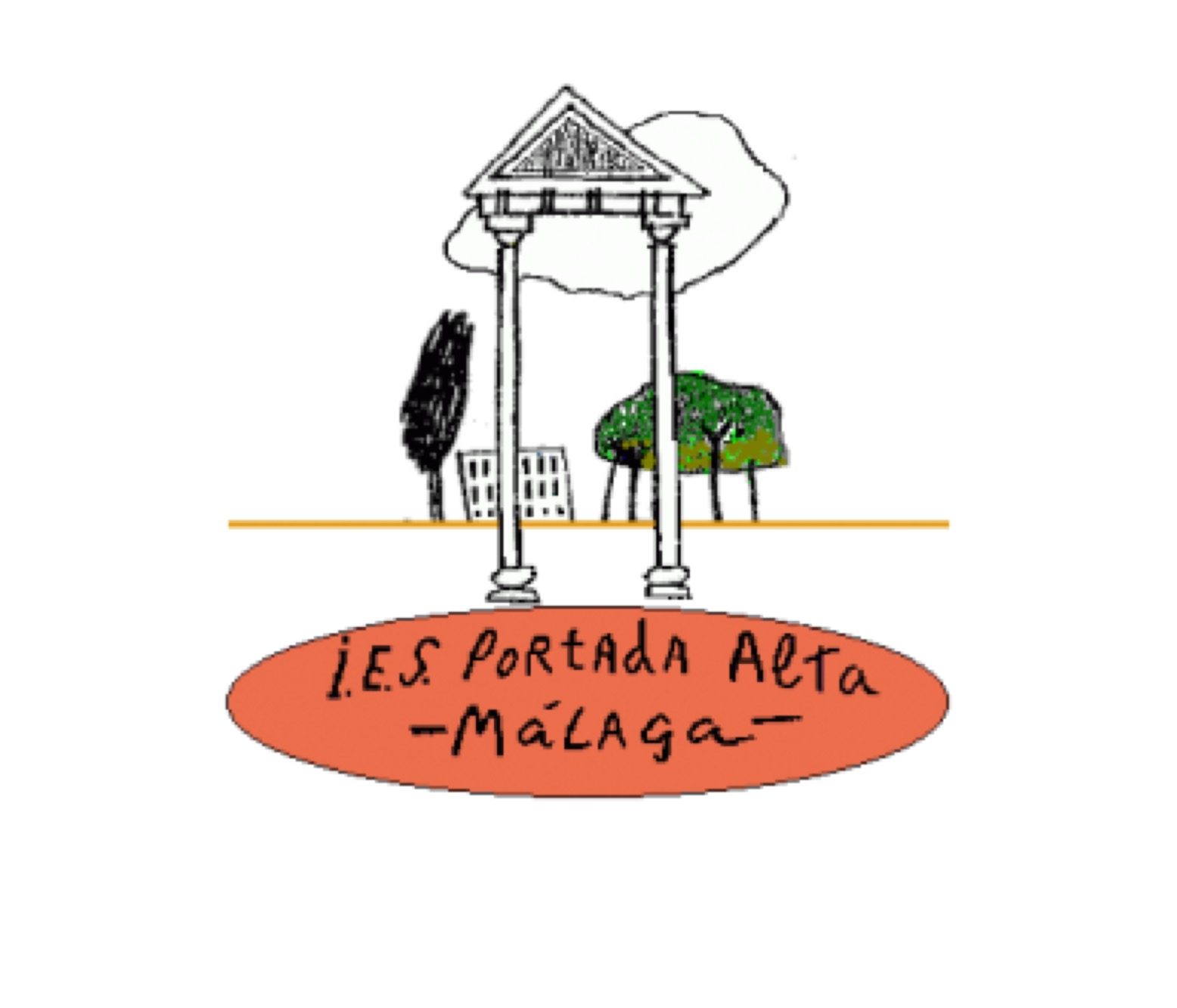PROJECT ORGANISATIONS:
ASOCIACIÓN INICIATIVA INTERNACIONAL JOVEN (SPAIN)

Asociación Iniciativa Internacional Joven (Youth International Initiative Association) is an NGO from Malaga (Spain) created in 2003 from a group of youths who after participating in international programmes and activities, concluded that these experiences had been very important to change their life. Therefore, they decided to share them with other young people, collectives and associations, to enhance the interest in participating in international programs and exchanges, learning languages, realizing voluntary work, raising awareness, tolerance and respect for other cultures, etc. thereby contributing to personal and professional development of young people and adults. The mission of the organisation is to contribute to the comprehensive development and improvement of the quality of life of citizens, especially young people. We work at local and international level in the following areas of intervention: (1) Participation and Volunteering; (2) Culture of Peace and Interculturality; (3) Gender Equity; (4) Sustainable and Healthy Life; (5) Art and Creativity; (6) Personal development and entrepreneurship.
IES PORTADA ALTA (SPAIN)
IES Portada Alta is a secondary school that was created back in 1990 in Malaga (Spain). This educational centre has a lot to offer, including obligatory monolingual and bilingual secondary education; baccalaureate in humanities and social sciences, natural and health sciences and technology; professional formation in art; special education; training cycles in microinformatics and networking, and development of multi platform applications; and lastly, courses specialized in AI and Big Data. This educational centre forms part of the Andalusian network “Escuela, espacio de paz”, or “School, space of peace”, which helps connect centres and facilitate the sharing of resources and experiences in order to improve cooperation, promote the culture of peace and important values in schools. The school has been developing a school mediation programme for 20 years and it is a benchmark in Spain for good educational practices in the field of coexistence.
LICEUL TEORETIC “EMIL RACOVITA” (ROMANIA)

Liceul Teoretic “Emil Racovita” (LTER) is a secondary school with a theoretical profile where students acquire general knowledge and skills. It is located in Vaslui, in the eastern part of Romania. The school has four branches of studies: Mathematics-Informatics, Natural Sciences, Social Sciences and Philology. Students study in 14 classrooms and 8 laboratories (4 for computer science, 1 for biology, 1 for physics, 1 for chemistry and 1 for geography). All classrooms have multimedia equipment and the school has a library with more than 16,000 books, a gymnasium and two synthetic sports fields with night facilities. Teaching activities are supported by 52 teachers and there are currently a total of 801 students, of whom 145 belongs to an ethnic minitority and/or have immigrated to Romania from outside countries. The school has extensive experience in carrying out European projects, each of which has contributed to improving the quality of education and teaching. LTER also organises extracurricular activities, such as drawing workshops, voluntary actions, study visits, thematic trips and charity actions.
AGRUPAMENTO DE ESCOLAS GIL EANES (PORTUGAL)
The Agrupamento de Escolas Gil Eanes (AEGE) from Lagos was founded in the year 2010 in a reorganization process of the municipal school system. Their primary mission is to support all students and promote their success despite barriers and differences. They place special emphasis on creating an environment that facilitates exchanges, innovation and sustainability to improve the learning process. This educational centre provides residents with access to a variety of preschools, elementary schools and high schools, where it promotes a positive school culture based on the rights and responsibilities of the community and core values such as respect, cooperation and tolerance. AEGE offers a class in citizenship that is directly related with respect to diversity, tolerance and inclusion and it has developed a transdisciplinary curriculum to enhance diversity, bringing in cultural, artistic and musical elements. AEGE works with 1,975 students up into 92 classes. Within the student population, there is a lot of diversity, with 10%, or 201, coming from outside Portugal, and also requiring extra support in language and cultural integration.
EVRENOSBEY ORTAOKULU (TÜRKIYE)

Evrenosbey Ortaokulu is a public secondary education institution located in Şarköy, a small town in Türkiye situated on the northern coast of the Sea of Marmara, in the province of Tekirdağ. The school provides general education to students from fifth to eighth grade, ranging in age from 11 to 15 years old. In the academic year 2022/2023, it serves 550 students with a staff of 44 members, including teachers, administrative personnel, and support staff. With a strong emphasis on sports and environmental issues, Evrenosbey Ortaokulu actively promotes environmental awareness through its “green school” project, encouraging students to participate in activities promoting sustainability and environmental protection. The school also aspires to create a safe and inclusive environment for all students, regardless of their backgrounds, abilities, or identities, providing equal opportunities to all students, improving the quality of teaching, and developing students’ personal and social skills. The school’s multicultural environment has positively contributed to the development of the educational community and its students by fostering understanding and intercultural communication.
MAIJAMÄEN KOULU (FINLAND)

Maijamäen School is located in the municipality of Naantali, in the region of Southwest Finland. The school provides general lower secondary education for adolescents and young people aged 12 to 16. The school community consists of 450 students, 50 teachers and other staff. Although most students study in regular classes, there are special classes for gifted students in mathematics and science and English language immersion classes. In the near future, the school will be part of a larger campus with kindergarten, pre-school, primary, lower and upper secondary education. The school also collaborates with the University of Turku to find methods to prevent and stop bullying. Pupils demonstrate their knowledge through tasks, projects, group work, tests and homework. The development of co-operative skills plays an essential role in students’ learning. A group of students, teachers, parents, health and social workers make up the so-called “school welfare group” which is responsible for the welfare of the whole school community. The student representatives and the parents’ association work closely together with this group.


